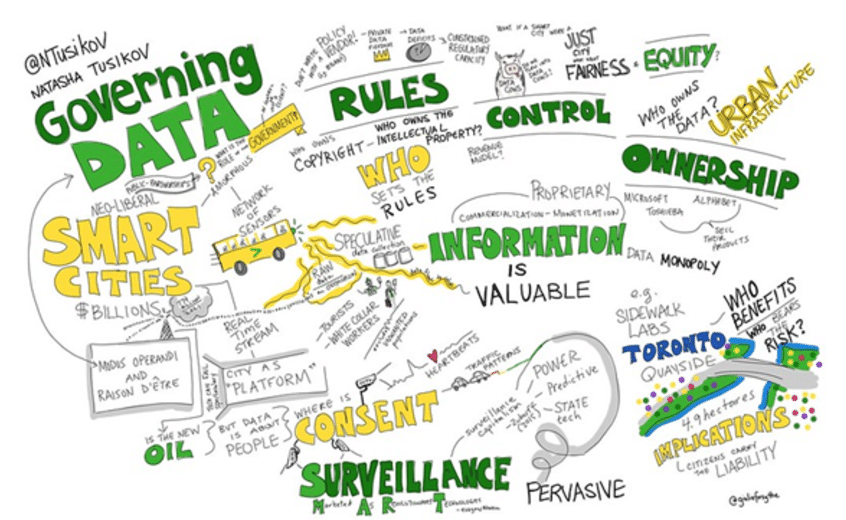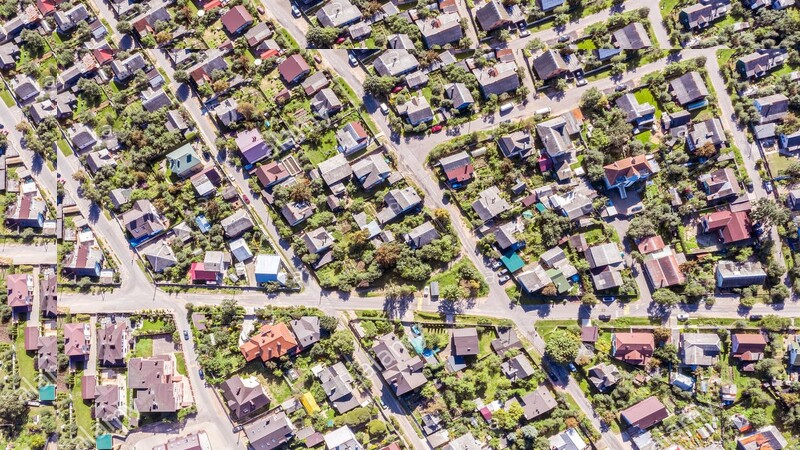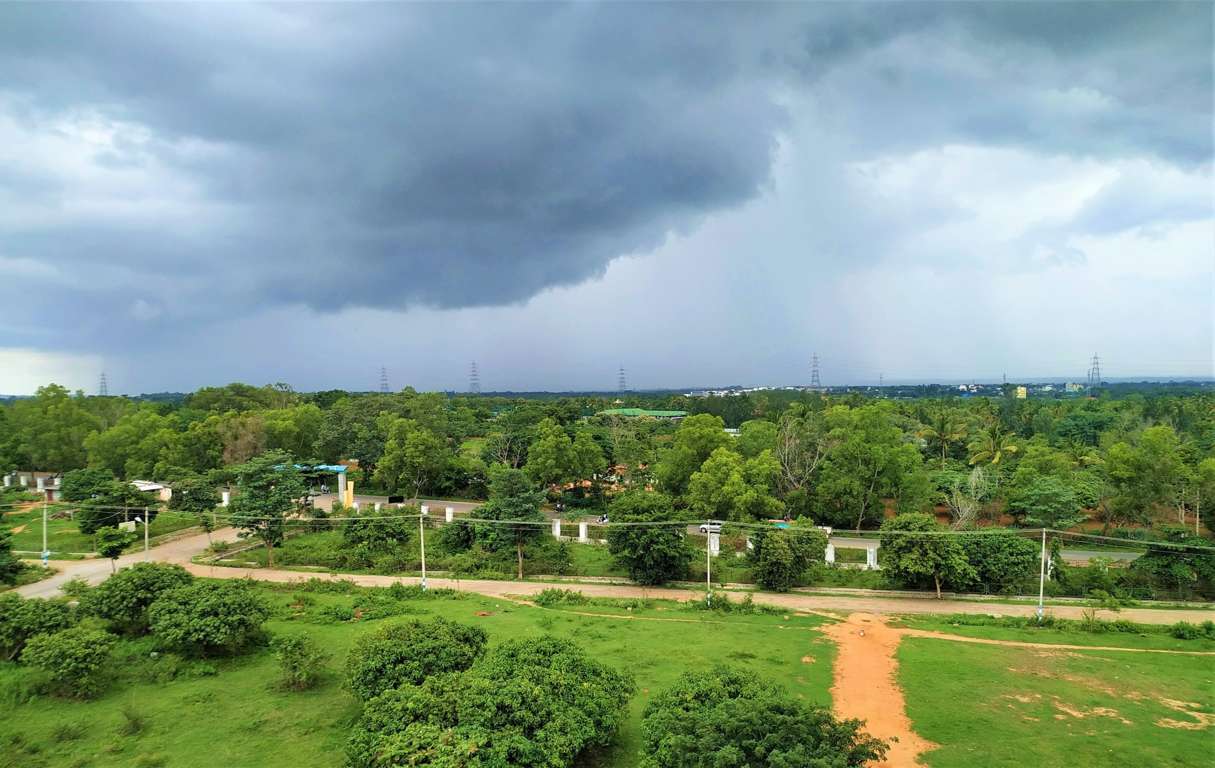Indian cities can better leverage technology
Snapshot
- Moving towards the digital economy, Data became one of the largest sources of revenue.
- Sadly, 81% of the population is still based on the Informal sector, thus gaps are increasing with advancement in technology.
- People involved in the informal sector are suffering hard due to a lack of awareness and knowledge of the digital world.

The mission of a smart city is to make smart citizens. Being a part of today’s generation, we are thankful for our scientists, Vint Cerf and Bob Khan who designed TCP/IP protocols and introduced us to the “Internet” in 1978. Till the end of the 20th century, we were blessed to have online banking, and the railway reservation system linked throughout the nation. With the dawn of the 21st century, service providers like Yahoo, eBay, and MSN were launched in the market. The phase of using online services and connecting people on social media platforms began. A curiosity for using digital platforms, and spending hours in cyber cafes raised among people.
The Internet has no doubt proved as a boon, in making life easy. People started being dependent on e-commerce unicorns, like Flipkart, Snapdeal, firstCry, Udaan, etc. for shopping. We are offered free services from companies like Paytm, PhonePe, Razorpay which are made possible through “data”. For using any of their services, companies ask us to sign up and collect our information which they use to earn and be able to provide us free services. In simple words, It is the game of transferring the right information to the right people and filling the gap of communication between the service providers and users with the help of technology. The use of data in a correct manner can make the decisions more effective. Real-time data enhances the decision-making process in terms of making tracking systems better and monitoring smart. A total of 5 quintillion bytes of data is generated every day (quintillion has 18 zeros).
In India, as per the Telecom Regulatory Authority report, 2019, total Internet subscribers in India are 68.7 crore which shows around 50% of people in India are already shifted to digital mode. As per ILO, nearly 81% of the employees are in the informal sector. Based on the reports, we can identify that we still have no data of half of the people coming from informal sectors. Data economy has a bigger role in the digital world. Effective use of technology can no doubt result in sustainable cities with better employment conditions through shifting the informal sector to formal.
We need awareness and advancement of people in the informal sector about technological advancement. Consumers are preferring the companies like Grofers, Big basket who made the supply chain easy by taking orders online and giving home delivery. With the growth in technology, people in the informal sector with no internet and knowledge about digital will be hugely affected. Bringing people on a digital platform and making them aware of its use can create a bridge between both service providers and consumers.
Due to lockdown, businesses and consumers increasingly “went digital”, both providing and purchasing more goods and services online, raising e-commerce’s share of global retail trade from 14% in 2019 to about 17% in 2020. The massive transformation has already been seen in Education, Health, Urban, Rural, Environment, and all other sectors with the digital shift. Around 4,800 HealthTech startups and ed-tech companies like BYJU’S, Vedantu, Toppr are set up to cater to 26.5 crores, school-going students.
With the big shift seen and to be ready for tech startups in multiple sectors, “Data Governance” is the important step. Data Governance is the management of data for better usage to come up with productive solutions. Some actions have already been taken by the Government in recent years. Under the Smart city mission, MoHUA asked each municipality of 100 smart cities to appoint departmental “data champions”, and push for “data alliances”. Work is getting done on the “Data Maturity Assessment Framework”.
The transparent model of Data Governance is an important move towards the inclusive and sustainable model of cities. Awareness among the Informal sector of our society needs to be expanded for future development. Initiatives encouraging capacity building like Smart city fellowship, IIHS fellowship, Youth fellowship, should get more recognition. Smart City fellowship is a brilliant initiative by the National Institute of Urban Affairs (NIUA) to formulate young minds every year and give them a chance to come up with innovative solutions. Fellows interact with people to get their projects implemented on-ground. Fellowship programmme also inspire them to come out as entrepreneurs to take the projects forward. More tech-based start-ups like Geospoc, StepsetGo should come forward to bring the change in behavior of people by the techniques to inspire them for adopting Digital change.
Related Articles

Housing Typologies and Characteristics

TACKLING ISSUES OF PERI-URBANISATION: A SMART REGION APPROACH

Social Aspects of Town Planning in the wake of COVID-19
Sustainable Urbanism: Gap Between Policy and Reality






